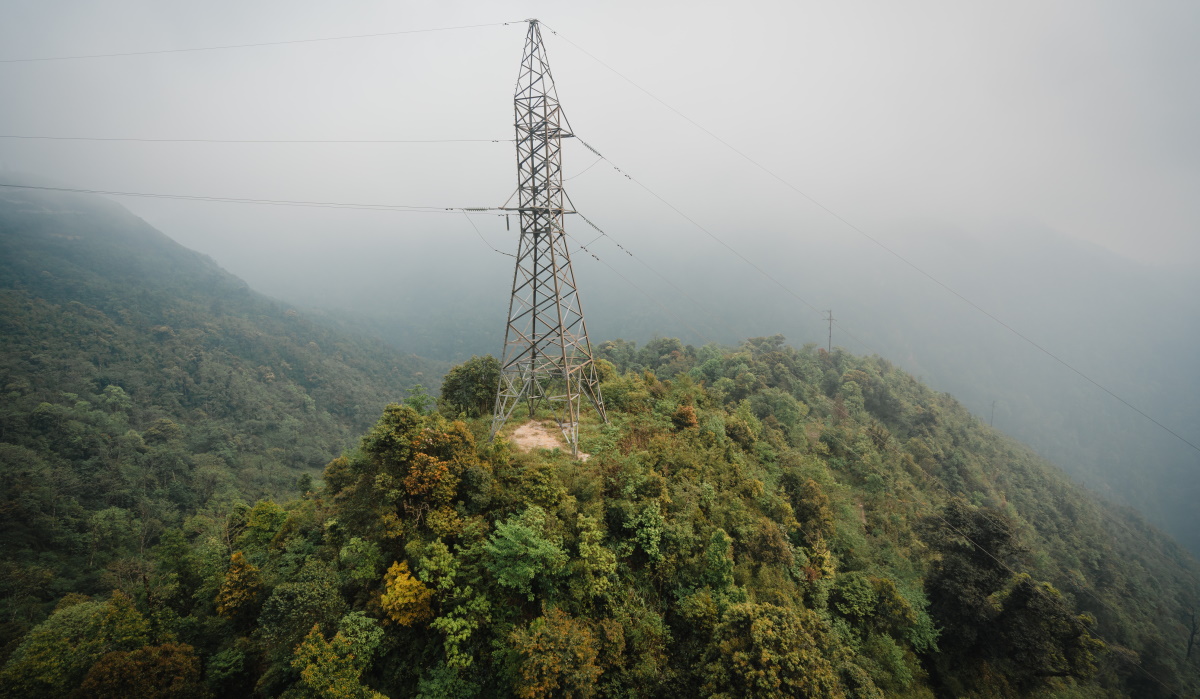Bribes, bureaucracies, and blackouts
A paper from Jacquelyn Pless and Harrison Fell looks at whether bribes for electricity connections cause blackouts.
This paper is the first study of how corruption impacts the demand side of the electricity sector. It shows that bribes are accepted for electricity connections, there is an adverse impact on electricity reliability.
Pless and Fell created a dataset from detailed firm-level bribery and electricity reliability data that covers 72,617 manufacturing and services firms across 118 countries from 2006 to 2012.
They found that the propensity to bribe for an electricity connection is associated with an increase of 14 power outages per month and a 22% increase in annual sales lost due to power outages on average. They conclude that bribes are closely related to poorer electricity reliability.
The results also highlight that electricity, exhibits “common-pool resource” characteristics and as such, provides another tragedy of the commons example. Electricity can be over-exploited as self-interested individual firms bribe for electricity, creating aggregate negative impacts.
A reliable source of electricity is important for economic growth and development. This paper shows therefore that improving oversight and enforcement measures at the firm level, would reduce bribery and corruption and contribute to growth and development.
Reference
Pless, J. and Fell, H. 2016. Bribes, Bureaucracies and Blackouts: Towards Understanding How Corruption at the Firm Level Impacts Electricity Reliability. Resource and Energy Economics, 47. 10.1016/j.reseneeco.(2016)11.001.




